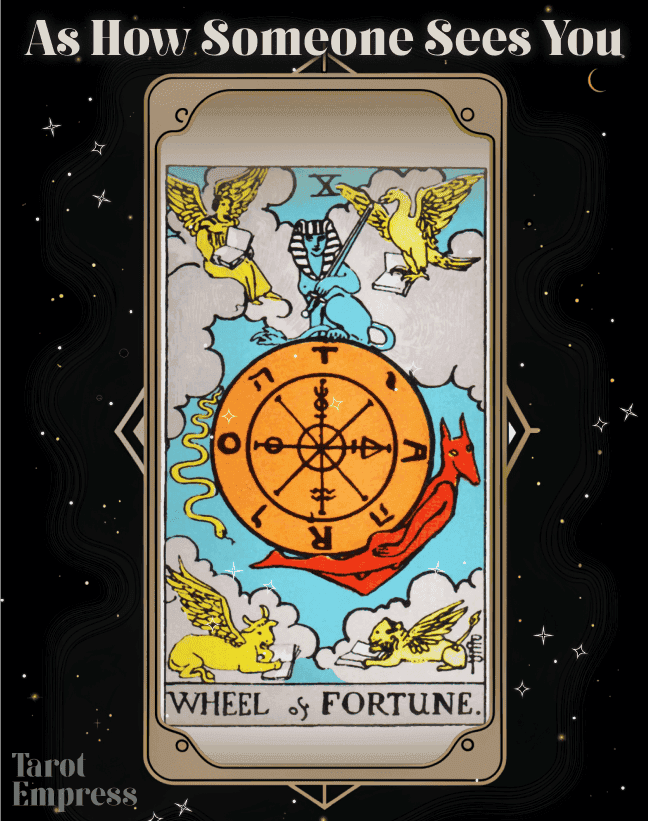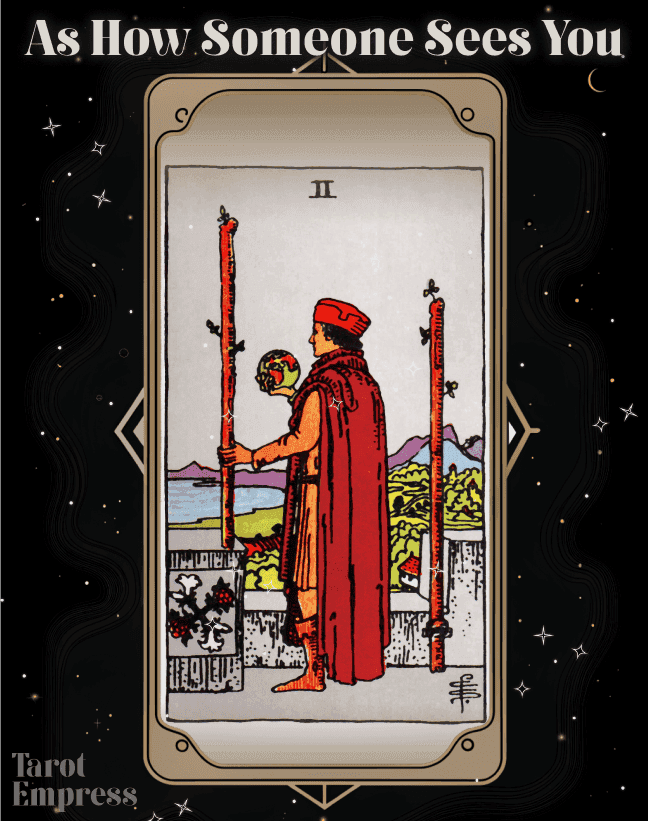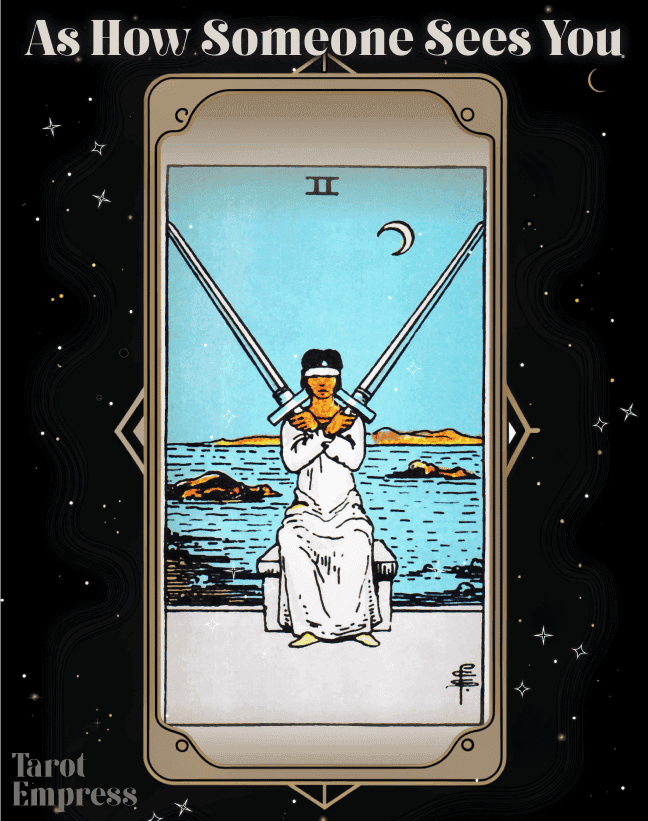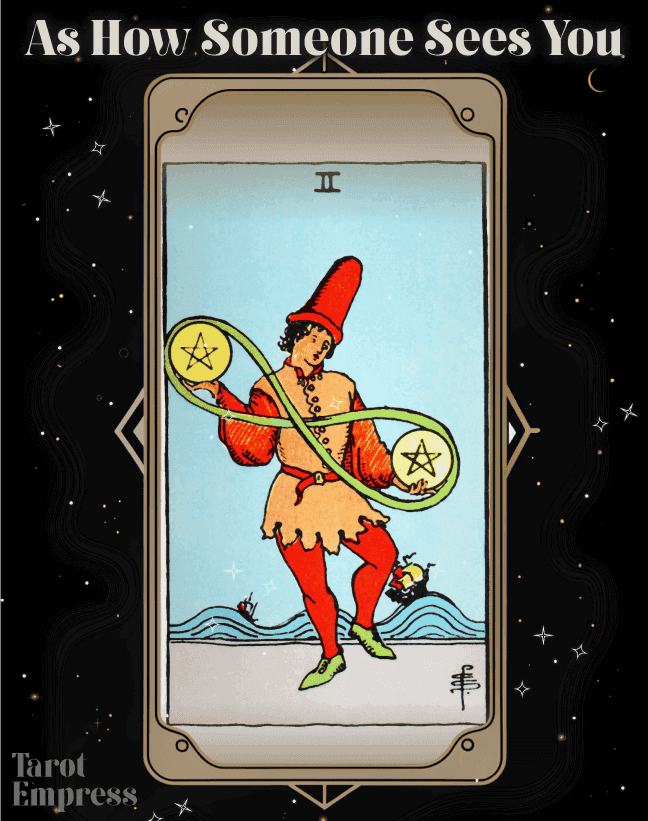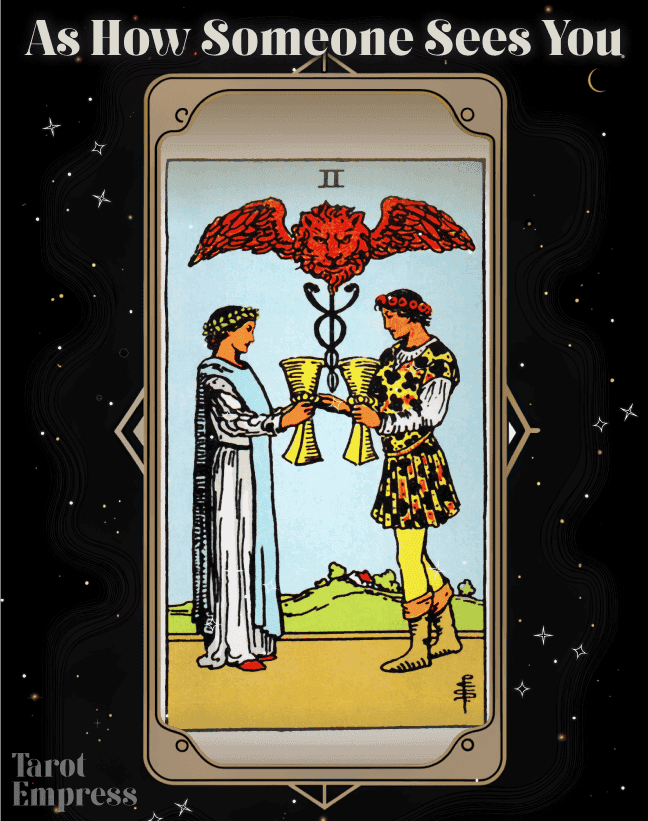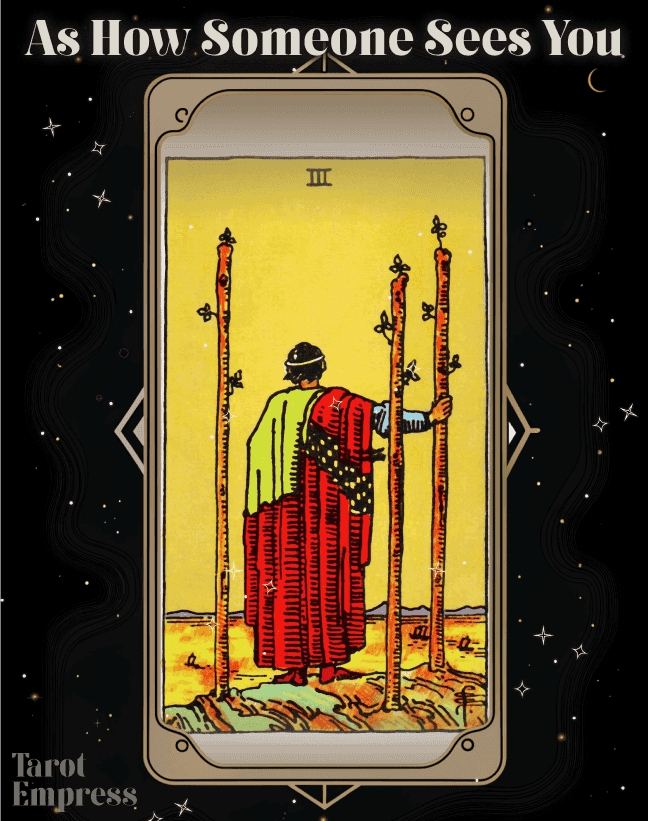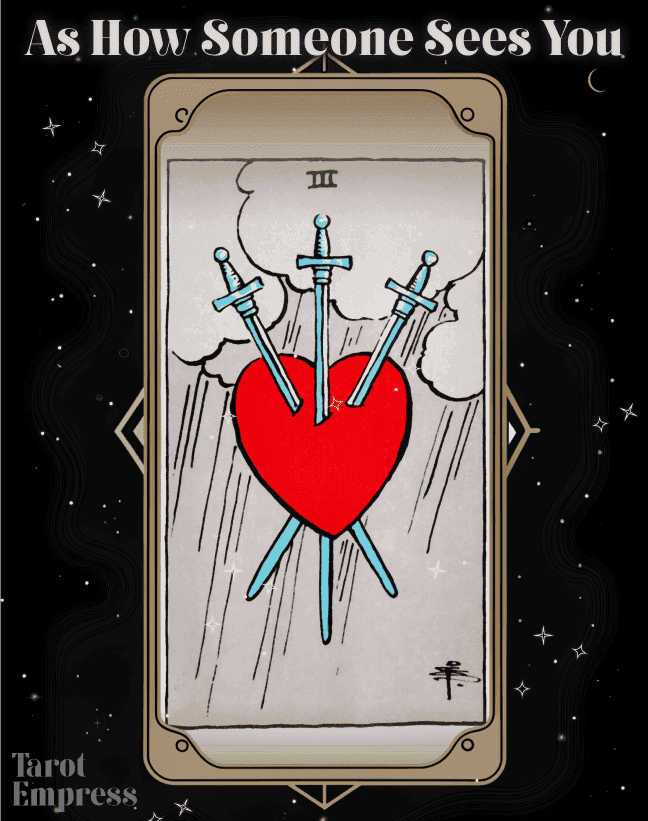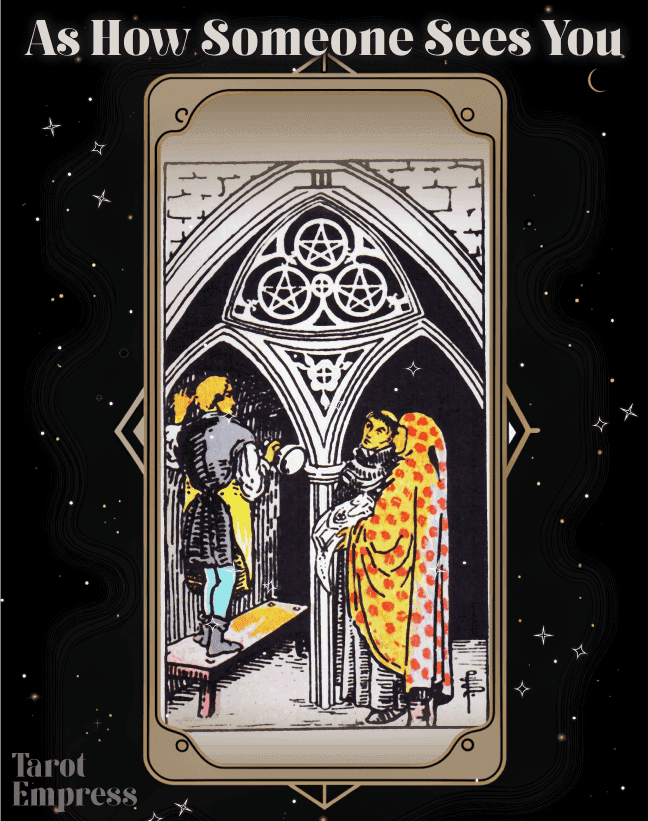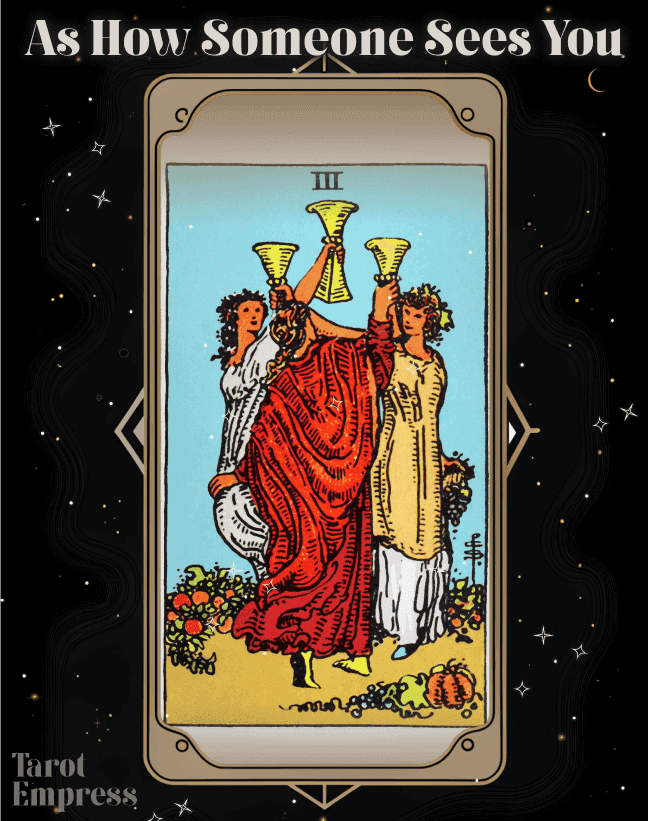Understanding the Justice Tarot card in the context of intentions can be a powerful approach to navigating life's myriad complexities. Justice is intrinsically linked to themes of fairness, balance, accountability, and truth. This card, when drawn in a reading, brings an air of objectivity and asks us to scrutinize our motives and actions.

The Essence of Justice in Shaping Intentions
Justice, depicted as a woman holding a sword and scales, signals a brilliant emblem of equilibrium and honesty. The sword, held in her right hand, stands for objective decisions that cut through deception and ambiguity. The scales in her left hand represent the balance and fairness she ensures. She often appears seated, signifying her calm, calculated approach to problem-solving – a reminder that deliberate and measured actions lead to just results.
Upright, the Justice card speaks to intentions rooted in fairness, balance, and ethical actions. It suggests a commitment to integrity and a desire to make unbiased decisions. The upright card reflects a state of mind that values equity and a profound sense of responsibility. It encourages honesty, broad-mindedness, and sticking to one's ethical principles, even when challenging.
Reversed, Justice can indicate unfairness, dishonesty, and imbalanced actions. Intentions may be distorted, driven by selfish motives or a disregard for moral guidelines. It speaks to a time where bias, injustice, and a lack of accountability reign. Reversed Justice calls forth the inner turmoil associated with knowing one knowingly or unknowingly did wrong.
Justice Upright as Intentions: Upholding Integrity
When Justice appears upright in the context of intentions, it is a compelling indicator of moral dedication and a steadfast commitment to fairness. Here we'll explore specific actions and behaviors that someone might exhibit when influenced by these upright intentions.
In Action: Virtuous Pathways
Seeking Fair Outcomes: Someone with upright Justice intentions often strives for balance and fairness in every situation. This is the person who ensures all voices are heard and considered. They take the time to understand all perspectives before making decisions, emphasizing equitability.
Taking Accountability: Personal responsibility is a hallmark of someone influenced by Justice. They acknowledge their mistakes and seek ways to rectify them rather than hide or shift the blame. Their intentions are dedicated to personal growth and acknowledging the impact of their actions.
Championing Truth: A person influenced by upright Justice values truth above all. They intend to be transparent in their dealings, forthright in their communication, and genuinely honest. Misrepresentation or deceit goes against their core values.
Ensuring Ethical Conduct: Ethical considerations drive their behaviors. They might be found addressing injustices head-on, whether in a community setting, workplace, or personal environment. This extends to ensuring ethical practices are followed and respected.
Promoting Balance: Influenced by Justice, someone with these intentions seeks to maintain harmony both within themselves and in their external interactions. They invest effort in conflict resolution and harmonizing opposing forces, often playing the role of mediator.
Examples: Manifestation of Justice
In Negotiations: A person influenced by upright Justice is likely to advocate for fair terms in any negotiation. Whether negotiating a business deal, mediating workplace conflicts, or addressing disparity in personal relationships, their primary intent is to achieve a just outcome.
In Community Engagement: This individual can often be found leading initiatives to ensure fair treatment within their community. They might engage in activism or speak against social injustices, fostering a balanced and just societal framework.
In Personal Ethics: Someone with Justice intentions may avoid situations that compromise their values. They continuously self-audit to ensure their actions align with their ethical beliefs. This may even extend to addressing and amending past wrongs.
Justice Reversed as Intentions: Shadow of Injustice
When the Justice card appears reversed, it illustrates a myriad of intentions shadowed by imbalance, unfairness, and potentially deceitful impulses.
In Action: Crooked Pathways
Self-Serving Decisions: Someone influenced by reversed Justice might display intentions that prioritize personal gain over fairness. This reflects in selfish actions, decisions that benefit only themselves despite the possible detriment to others.
Evasion of Responsibility: There's a tendency to shirk accountability and avoid the consequences of one's actions. They might employ lies, manipulation, or deceit as tools to evade responsibility, showing a lack of personal integrity.
Distortion of Truth: Intentions may skew towards misrepresentation or concealing facts. Such a person might use falsehoods or half-truths, altering perceptions to suit their agenda.
Unethical Actions: Ethical guidelines become blurred for those under the influence of reversed Justice. They might justify ends by any means, irrespective of moral considerations, leading to actions that compromise their integrity and fairness.
Fostering Imbalance: Reversed Justice intentions can exacerbate conflicts, create disparities, and heighten tensions. The individual may lean into discord rather than striving for harmony, fuelling discontent and inequity.
Examples: Manifestation of Injustice
In Business Practices: An individual under reversed Justice might engage in unethical business practices – deceptive advertising, exploitation, or cutting corners to benefit financially at the expense of fairness.
In Personal Relationships: These individuals may manipulate situations to their advantage, disregarding the sentiments and needs of others. An imbalance of give-and-take often follows, fostering resentment and mistrust.
In Social Settings: Reversed Justice might lead to actions that perpetuate social inequities or injustice. Instead of fighting for equity, the person might remain silent on significant issues or even contribute to unfair power dynamics.
Justice as Someone's Intentions: Upright vs. Reversed
Understanding how Justice as intentions plays out in relationships, business, and personal decisions requires a thoughtful comparison of its upright and reversed positions. Below we delve into these key life realms:
In Personal Relationships
Upright: Intentions in relationships are guided by fairness and respect. This person genuinely seeks harmony and balance with their partner, fostering a relationship built on mutual respect, honesty, and compassion. They're open to communication and resolving conflicts constructively.
Reversed: In a reversed position, this card indicates manipulative or deceptive intentions. One partner might prioritize their desires over the wellbeing of the relationship, resulting in an imbalanced dynamic. There's a lack of accountability, leading to unresolved issues and deep-seated resentment.
In Business and Career
Upright: The individual’s intentions promote ethical practices. They aim to ensure fair policies, equitable distribution of resources, and honest communication within the workplace. Their leadership is just and reliable, fostering a culture of trust and integrity.
Reversed: Reversed Justice intentions signify unethical business behavior. This might manifest as favoritism, exploitation, or manipulative tactics to climb the corporate ladder. The imbalance can lead to a toxic work environment, where values are compromised for personal gain.
In Personal Decisions
Upright: Decisions made with upright Justice intentions are well-considered and balanced. This individual takes the time to weigh all options fairly, ensuring that their choices are ethically sound and justifiable.
Reversed: Personal decisions influenced by reversed Justice are often marred by self-interest and a lack of moral considerations. Choices might be rushed, unfair, or driven by ulterior motives, resulting in negative consequences for themselves and those around them.
Decoding Justice: What It Means for Your Intentions
Interpreting the Justice card in the context of intentions provides a profound lens through which we can examine our motivations and actions. With its upright intentions, Justice speaks to a pursuit of fairness, ethical behavior, accountability, and balance. Upright Justice encourages us to act with integrity, uphold truth, and maintain harmony. On the other hand, reversed Justice as intentions warns of bias, dishonesty, imbalance, and unethical conduct. It calls us to reflect deeply on where we might be abandoning our moral compass and how such actions impact our lives and those around us.
A Balanced Approach: Making Justice Work for You
To channel the upright Justice intentions, it’s essential to engage in self-reflection regularly. Evaluate your motives, question your actions, and ensure they align with your ethical beliefs. Strive for transparency in interactions, seek balanced outcomes, and hold yourself accountable for your actions. Embrace empathy, listen to differing perspectives, and work towards equitable resolutions.
Conversely, if you find yourself influenced by reversed Justice, acknowledge the areas where you might be compromising fairness or integrity. Strive to correct these imbalances by engaging in open, honest communication and taking responsibility for your actions. Seek guidance and support to realign your intentions with a more balanced and just approach.
Eternal Pursuit: Justice in Tarot and Life
Justice, as intentions, challenges us to look beyond surface-level actions to the core motivations driving our behaviors. It asks us to strive for balance, fairness, and accountability in all aspects of life. By embracing these values, we can foster more honest, respectful, and equitable relationships with ourselves and others.
Reflecting on Justice: Insights for Your Tarot Journey
The Justice card is a complex and profound symbol in the tarot, particularly when considering intentions. It reminds us that our motivations shape our actions and, ultimately, our outcomes. By pondering the deeper, often unseen forces that guide our decisions, we can better navigate the labyrinth of life with mindfulness and integrity.
For those looking to deepen their understanding and application of the Justice card in tarot readings, consider joining our community for unlimited tarot readings and detailed insights. Whether you're seeking clarity in love, career, or personal growth, our experienced readers are here to provide the guidance you need. Allow the wisdom of tarot to illuminate your path, marking every step with fairness and truth.
FAQs
How does the Justice card reflect one's intentions in tarot?
The Justice card, in terms of intentions, embodies themes of fairness, balance, and ethical conduct. It signifies a commitment to truth and accountability, urging us to approach situations with an even-handed perspective and to seek just outcomes.
What insights do upright Justice cards provide about a person's intentions?
Upright Justice cards highlight intentions that are guided by integrity and fairness. They reflect an individual’s desire to act ethically, take responsibility for their actions, and ensure that all decisions are equitable and morally sound.
How can reversed Justice cards illuminate someone's hidden motives?
Reversed Justice cards reveal intentions that may be clouded by unfairness, bias, or dishonesty. They indicate that someone might be acting out of self-interest, avoiding accountability, or manipulating the truth to suit their own ends.
In what way does the Justice card as intentions help in comprehending someone's true motives?
The Justice card as intentions provides a framework for assessing the ethical and moral underpinnings of a person's actions. By revealing whether intentions are driven by a sense of fairness or selfishness, it helps us understand the genuine motivations behind decisions and behaviors.
Is it possible for the Justice card to influence the way we make decisions?
Yes, the Justice card as intentions encourages us to weigh our choices carefully, considering the impacts on fairness and ethical standards. It guides us to make balanced and just decisions, promoting the welfare of all involved parties.
How can the Justice card's insights be applied to everyday situations?
The Justice card's insights can be applied by constantly evaluating our decisions and actions through the lens of fairness and integrity. Whether we're resolving conflicts, making business decisions, or navigating personal relationships, this card reminds us to act with honesty and uphold ethical standards.

